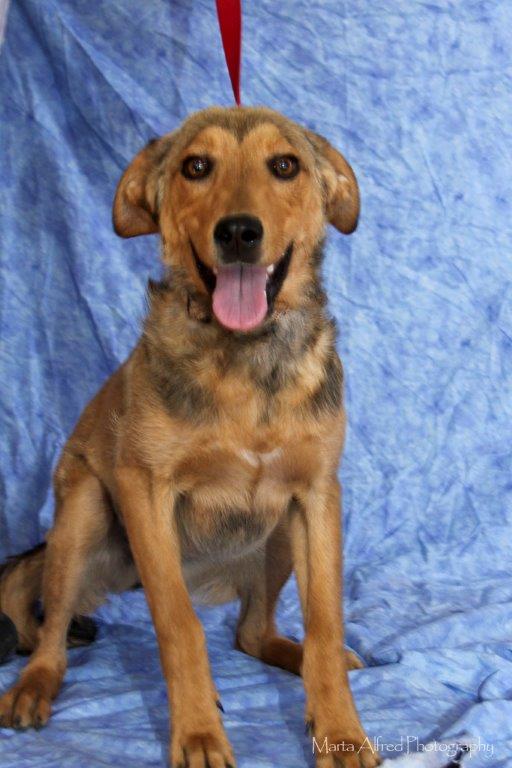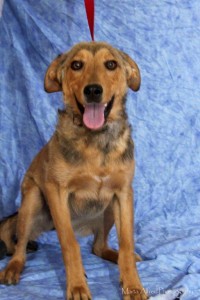
05 Sep Second Chance: Human-Animal Bond
The finding confirms the depth of feeling pet owners already know they experience and that the level of dependence our animal companions have upon us generates a strong sense of responsibility as well as a need to protect these beings.
The findings make sense in light of another recent study that found similarities between owner-dog relationships and parent-child relationships. That body of research relates to the importance of the attachment bond (between dog and owner and parent and child) and how this develops a “secure base effect for children and dogs.” In other words, as with humans, pets use their “human parents” as a secure base for interacting with the environment: parent’s presence helps a dog to behave in a confident manner.
Given this new research, it is important to remember that having a pet is mutually beneficial: pets provide unconditional love in return for your care and a sense of friendship and comfort that is hard to match, even by interactions with other humans. All of which makes our strong feelings of empathy toward animals almost instinctual.
For some people, animal companionship can mean the difference between social isolation and social connectedness. It has a positive impact upon social, physical and emotional states, because dogs are known to increase the physical activity and social interactions of their people. Additionally, people with pets report being less stressed by conflicts and recovering faster when issues do occur. Pet owners also show more signs of happiness and sociability than humans without pets.
Our pets of the week are Kaia and Ali…
KAIA:
My name is Kaia. I am just six months old and have a happy loving nature that should produce a dramatic increase in your life satisfaction. My hugs, smiles and kisses will boost your immune system and sense of well-being. I have done that for all the Second Chance staff and volunteers I have met…
ALI:
Not to be outdone in beauty or personality, my name is Ali. I was surrendered with my kittens from a home with an overabundance of cats and kittens, which made it difficult for all of us to receive proper care. My babies have all been adopted out and I remain waiting for my forever home.
Editor’s note: It’s no secret. The Telluride region is dog heaven. Well, pet heaven. Unless you are one of our furry friends who gets caught in the maw of neglect and abuse. Then heaven is on hold until Second Chance Humane Society comes to the rescue. Second Chance is the region’s nonprofit dedicated to saving animals’ lives and promoting responsible pet parenting and human-animal bond. In her weekly blog, executive director Kelly Goodin profiles at least one, generally two of the many animals now living at the no-kill shelter, Angel Ridge Shelter, a dog and a cat, hoping to find them loving permanent homes. The column is sponsored by Ted Hoff of Cottonwood Ranch & Kennel, who from time to time exercises his skills as a dog whisperer, partnering with Kelly and her staff to help train a particularly challenging animal.
By the by, there is no better place to park your pup than Cottonwood whenever you head out of town (for locals) or are heading to town and staying somewhere that does not allow pets. Consider joining Ted’s Very Important Dog (VID) Club for added benies. (Details on Ted’s website.)
Second Chance Humane Society Animal Resource Center and Thrift Shop are both located in Ridgway, but service San Miguel, Ouray & Montrose Counties. Call the SCHS Helpline at 626-2273 to report a lost pet, learn about adopting a homeless pet, or about the SCHS Spay/Neuter, Volunteer, Feral Cat, or other Programs. View the shelter pets and services online:www.adoptmountainpets.org.




animal rescue site
Posted at 00:20h, 19 SeptemberMost of the veterinarians work in animal care jobs with small and larger animals in zoos, farms or laboratories. One must receive both a Doctor of Veterinary Medicine degree and a state license after completing their undergraduate college education to be a vet. Many veterinarians prefer to open up their own practice whereas others choose to move on to government work.